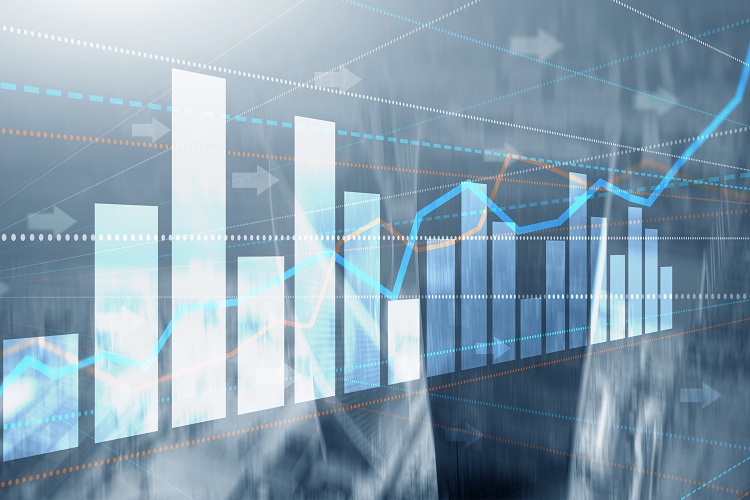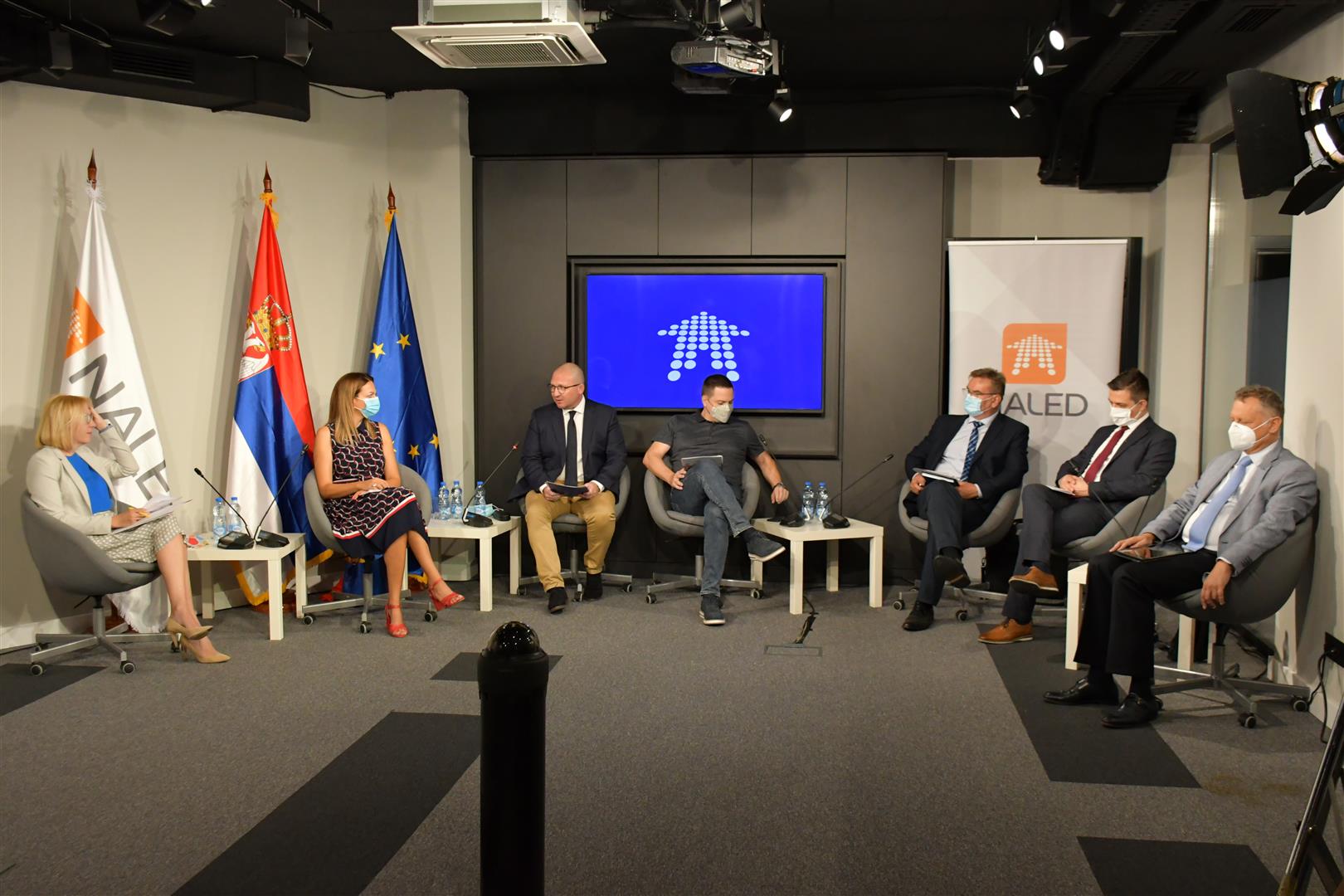Austrian students are being introduced to the Serbian economy
During their visit to NALED, students from the University of Vienna learned about the domestic business environment a few decades ago compared to today, as well as the dialogue on reforms in Serbia.
Representatives of one of the oldest and largest universities in Austria were welcomed by Violeta Jovanović, Executive Director of NALED, Zoran Daljević, President of the Alliance for Fair Competition, and Marko Danon, Economic Development Advisor at NALED.
In our introductory remarks, Violeta Jovanović stated, "We are the first public-private association in our country whose mission is to harmonize the views of all three sectors of society - private, public, and civil - and represent their interests in order to more effectively reach the best and comprehensive solutions for promoting economic development through reforms aimed at improving the business environment."
She informed the guests that NALED has seven alliances - for fair competition, environment, e-Government, food and agriculture, health, investments, and local self-governance.
Zoran Daljević, president of the oldest alliance, mentioned that the group he leads includes more than 60 members, mostly large corporations that generate approximately 5% of Serbia's annual GDP. I chose NALED because I recognized this organization as a place from which I can influence the business environment in Serbia and change it for the better, emphasized Daljević.
He highlighted some of the topics addressed by the Alliance for Fair Competition, such as improving the fiscalization system, expanding the scope of non-cash payments, implementing electronic invoice exchange systems, increasing business predictability, reducing parafiscal burdens, regulating flexible forms of work, implementing and reporting on the Program for Combating the Gray Economy.
Marko Danon noted that Serbia has become a true open economy greatly influenced by export markets, where the EU is dominant, accounting for over 60% of our exports. In recent years, our country has experienced economic growth averaging around 3%, but it is highly uneven. Growth is most strongly felt in larger cities and is led by large companies. Achieving a level of development comparable to that of EU countries will require stronger and longer-term growth.
Danon also added that there are risks associated with economic activity and economic growth, pointing out that the Serbian economy is relatively carbon-intensive, producing above-average CO2 emissions. Our country relies heavily on fossil fuels in terms of energy, with over 60% of electricity production coming from them. Additionally, these fossil fuels are almost entirely lignite, a relatively low-calorie fuel whose combustion produces large amounts of CO2, emphasized Danon.







